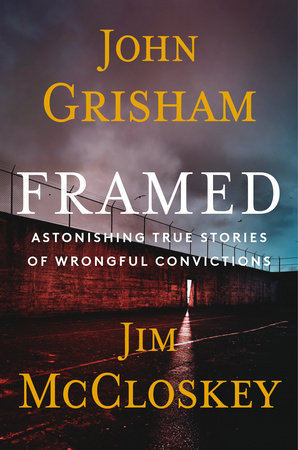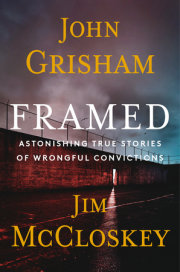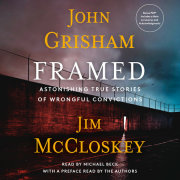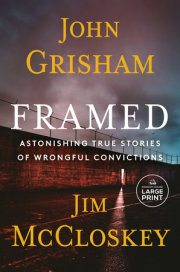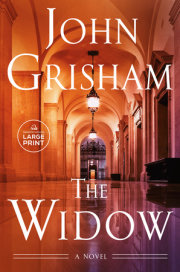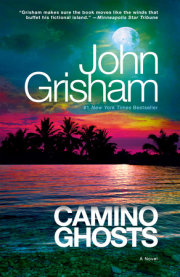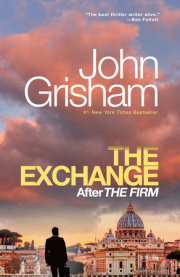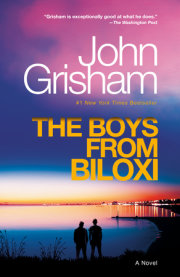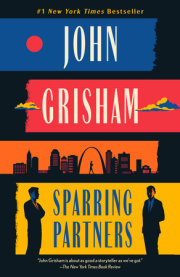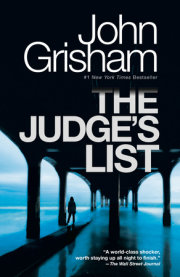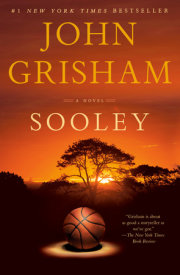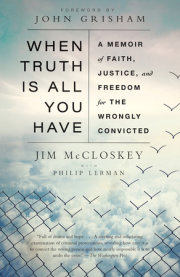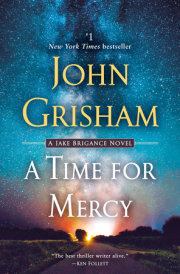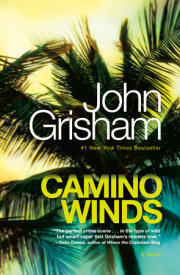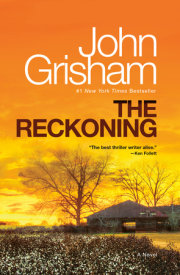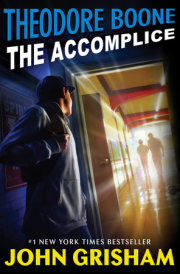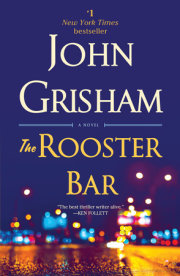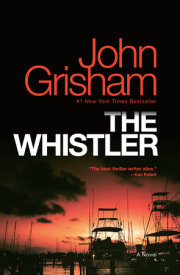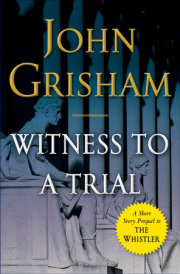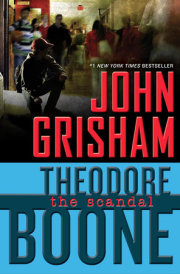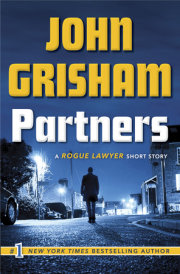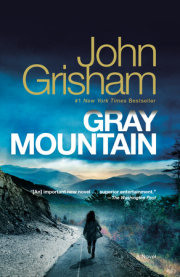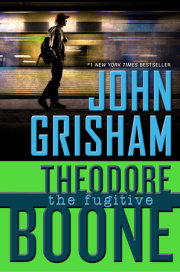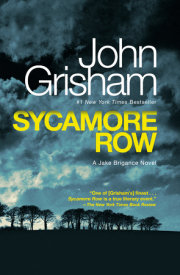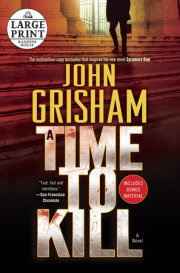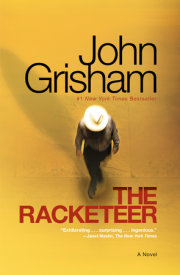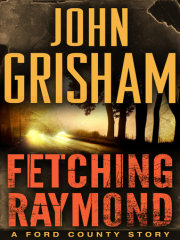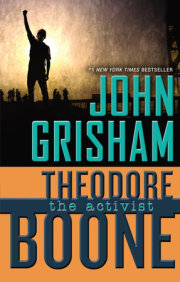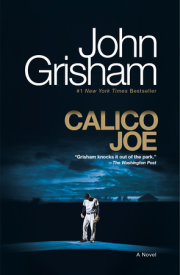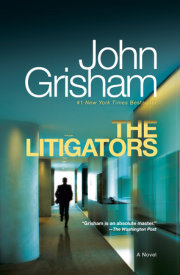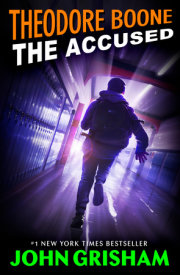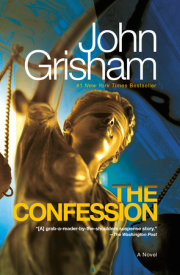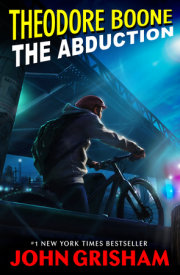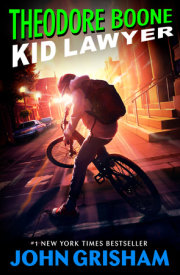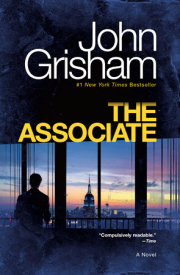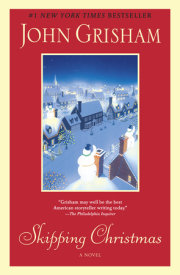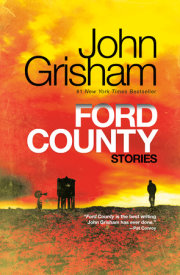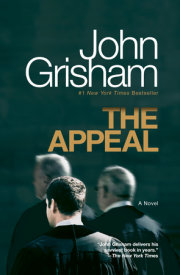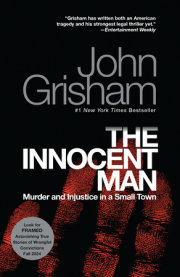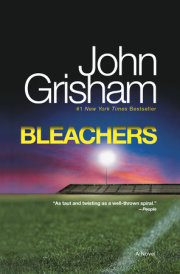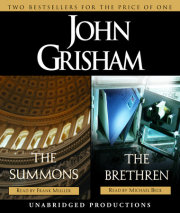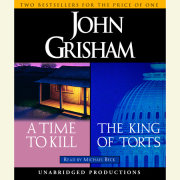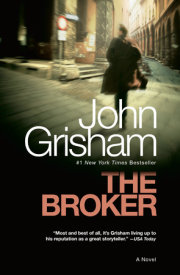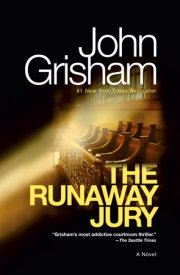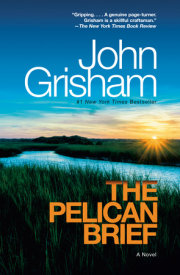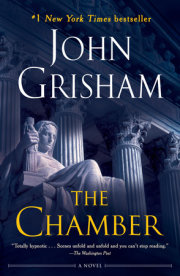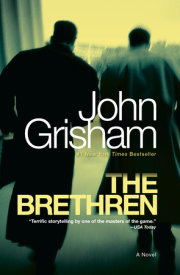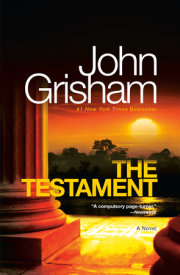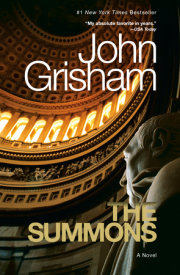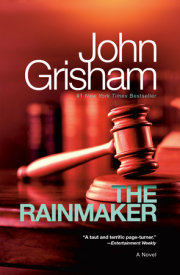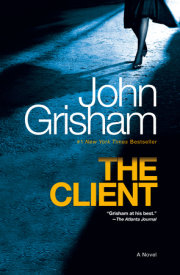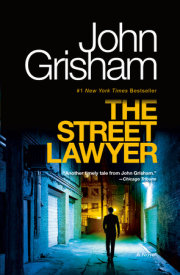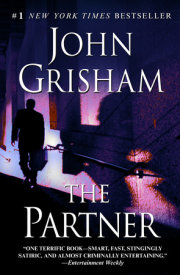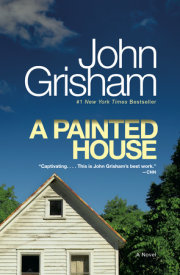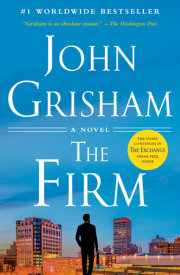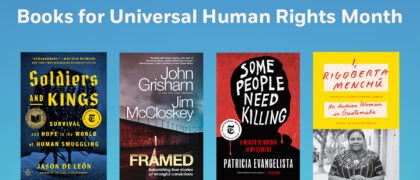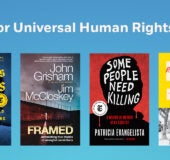Preface John Grisham In 2006, I published
The Innocent Man, a true story about the wrongful conviction and near execution of Ron Williamson. Before then, I had never considered nonfiction—I was having too much fun with the novels—but Ron’s story captivated me. From a pure storytelling point of view, it was irresistible. Filled with tragedy, suffering, corruption, loss, near death, a measure of redemption, and an ending that could not be considered happy but could have been much worse, the story was just waiting for an author. I soon learned that every wrongful conviction deserves its own book.
Since then I’ve met many exonerees, along with their families, lawyers, advocates, and old cellmates. As a group, they are amazing because they somehow survived nightmares that the rest of us cannot begin to comprehend. Most enjoy telling their stories. All are determined to change a broken judicial system and prevent more wrongful convictions. Dozens have written about their ordeals. More than a few have asked me to do the writing.
For a long time I’ve thought about a collection of some of the best stories, but the research got in the way. It is daunting. Thousands of pages of trial transcripts, police reports, witness statements that always seem to vary from one stage to the next, prison records, forensic tests, and petitions, motions, pleadings, and orders written by lawyers and judges and filed, seemingly, by the pound. Novelists can be lazy because we simply make up stuff. Nonfiction is brutal because the research has to be meticulous. You can’t afford to make mistakes.
I met Jim McCloskey about fifteen years ago when he asked me to speak at a Centurion Ministries annual gala at Princeton. Within ten minutes of first shaking hands we were telling war stories of the wrongfully convicted. Jim’s stories are always better, because he lived them. He is part of them. He made the exonerations happen by pounding the streets from coast to coast in search of the truth. Centurion has been involved in about seventy exonerations, and Jim was usually there, outside the prisons, when his innocent clients walked out and into the arms of their loved ones. He was there when they tasted freedom, and he was the reason for it.
At some point a few years back, we began talking about this collection. The idea was simple. I would select five of my favorite stories, and so would Jim. The first challenge was to pick only ten, because there are so many. The second challenge was to limit each story to about 10,000 words. Since each story could fill a library, we knew the task would be formidable. We agreed that each would do his own writing with limited input from the other.
And so we wrote.
Our goal with this book is to raise awareness of wrongful convictions and in some small way help to prevent more of them. It is an effort to shine light on some of the terrible and abusive tactics used by the authorities to convict innocent people.
If we as a society had the political gumption to change unfair laws, practices, and procedures, we could avoid virtually all wrongful convictions.
Jim McCloskey As John points out, our association and friendship go back fifteen years. We were drawn together by our mutual concern and compassion for those men and women across America who fell victim to a deeply flawed criminal justice system and were falsely convicted and sentenced to a life sentence or to death. John generously volunteered to write the foreword to my memoir,
When Truth Is All You Have, published by Doubleday in 2020. That book recounts the forty-year history of Centurion Ministries’ encounters with our nation’s judicial system on behalf of the convicted innocent as well as the personal journey that led me into this work.
Naturally, I was honored when John invited me to cowrite
Framed with him. We quickly agreed that each of us would write five stories of real-life cases in which innocent defendants, much to their shock and disbelief, were found guilty of crimes they had absolutely nothing to do with. The five written by me are cases I personally worked on as case manager and lead investigator. Selecting these five from among the seventy or so individuals Centurion successfully freed was a challenge worthy of Solomon. I was fortunate in writing to be able to draw upon Centurion’s voluminous in-house archival records collected during the many years of work on each case. These source materials include, but are not limited to, trial transcripts, police reports, legal briefs, judicial opinions, court records, and Centurion investigative reports.
The subtitle of
Framed is
Astonishing True Stories of Wrongful Convictions. I can assure readers, no matter what their background, that their response after reading each of these stories will be, “Did this really happen?” To which we the authors answer, “Yes, it did, and it happens far more often than you can imagine.” It is our intention and hope that these stories are not only a compelling read but at the same time serve as a microcosm of what is occurring throughout our nation’s halls of justice. It is our attempt to bring to light systemic flaws in the justice system’s infrastructure that cause untold tens of thousands of innocent souls to interminably languish in prison.
The twenty-three defendants caught in the web of these ten wrongful convictions needlessly spent decades in prison until the truth of their innocence finally emerged and set them free. Four landed on death row, two of whom came within days of execution, while one was tragically executed. Perhaps it will surprise readers that the racial makeup of the twenty-three is almost evenly split, ten white and thirteen black, demonstrating that this kind of injustice easily occurs across racial lines.
Often the real killers were under the nose of the police from the outset of the crime, and in two cases they were the star witnesses for the prosecution. DNA played an important role in several cases but not in most. Perjury by police and civilian witnesses was pervasive in these stories. These convictions were not caused by unintentional mistakes by local law enforcement or misidentification by well-meaning eyewitnesses or honest but erroneous forensic analysis.
No, they were rooted in law enforcement misconduct and chicanery, men and women hell-bent on clearing cases or gaining a conviction through a wide variety of illicit means—subornation of perjury, secret deals with criminals in exchange for their fabricated testimony, coercing witnesses into false testimony or suspects to falsely confess, use of discredited or inept forensic analysts, suppression of exculpatory evidence from the defense, or other acts that obstructed justice and resulted in the ruination of innocent lives to the relief of the actual perpetrators.
Each of the stories takes the reader on a roller-coaster ride, most of which end with truth and justice ultimately prevailing, although at great and unimaginable personal cost to the exonerees and their loved ones. Once freed, the released face the formidable challenge of starting life all over again. It is a testament to the human spirit that so many of them have the will and capability to do so, unburdened with the anger and hate of years past, now filled with a forgiving heart, an enhanced appreciation for the everyday things of life that most of us take for granted, and a desire for a peaceful and quiet existence.
Our hope is that you find this book to be both interesting and informative, and that it provides you with a new perspective on the fallibility of our criminal justice system—a perspective that perhaps you didn’t have prior to reading
Framed.
Copyright © 2024 by John Grisham. All rights reserved. No part of this excerpt may be reproduced or reprinted without permission in writing from the publisher.

